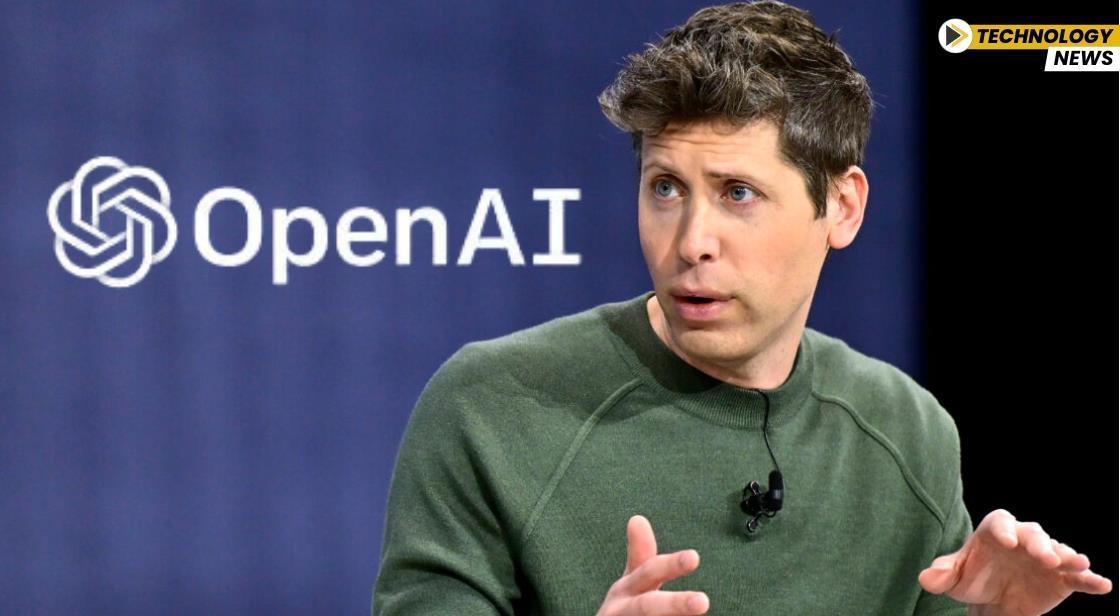OpenAI Launches “Atlas” Browser to Take On Google Chrome

News Synopsis
On Tuesday, OpenAI officially unveiled its new web browser named ChatGPT Atlas, positioning the company in direct competition with Google Chrome as more internet users turn to AI for information retrieval.
By integrating its popular chatbot into the browser itself, OpenAI is aiming to capture more web traffic — and potentially advertising revenue — while altering how users discover and engage with content online.
OpenAI Launches Atlas Browser to Challenge Google Chrome
What Atlas Offers — Features & Platform Roll-out
Embedded ChatGPT and Agent Mode
According to its official announcement, Atlas is built around ChatGPT: users can ask questions, analyze what they’re viewing, or delegate tasks directly within the browser.
One standout feature, called agent mode, allows ChatGPT to perform web-based tasks on the user’s behalf — for example, browsing multiple pages, comparing information or booking a trip.
Platform Launch and Availability
Atlas is initially available globally for Apple macOS as of October 21, 2025, with Windows, iOS and Android versions expected to follow.
OpenAI CEO Sam Altman described the launch as a “rare, once-a-decade opportunity to rethink what a browser can be about and how to use one.”
Strategic Implications and Market Context
A Direct Challenge to Chrome’s Dominance
Google Chrome currently boasts around 3 billion users worldwide, making it a formidable incumbent for any new browser to challenge.
OpenAI’s move to launch Atlas signals its intent to shift user behaviour away from traditional search and browsing towards AI-driven interaction and task automation.
Monetisation, User Data and AI-Driven Search
With ChatGPT reportedly serving over 800 million users, many accessing it for free, OpenAI is under pressure to find new revenue streams and leverage its large user base.
By placing itself at the heart of users’ browsing experience, Atlas gives OpenAI access to richer data — including browsing context and user tasks — which could prove valuable in the evolving landscape of AI-powered advertising and search.
Conclusion
The launch of ChatGPT Atlas represents a groundbreaking moment in the evolution of web browsing and digital interaction. By seamlessly integrating AI capabilities, conversational intelligence, and task automation directly into the browser experience, OpenAI is not only redefining how users access and consume information but also directly challenging Google Chrome’s long-standing dominance.
This move highlights a broader transformation toward AI-driven, context-aware browsing, where users rely less on manual searches and more on intelligent assistance. However, Atlas faces tough competition, given Chrome’s massive global user base and strong ecosystem integration with Google services.
Success for OpenAI will depend on how well it can deliver value through innovation, privacy, and user trust while finding sustainable monetization strategies.
Still, with Atlas, OpenAI has opened the door to a new era of browsing — one where personalization, automation, and intelligence merge to reshape how we explore the internet.
You May Like









